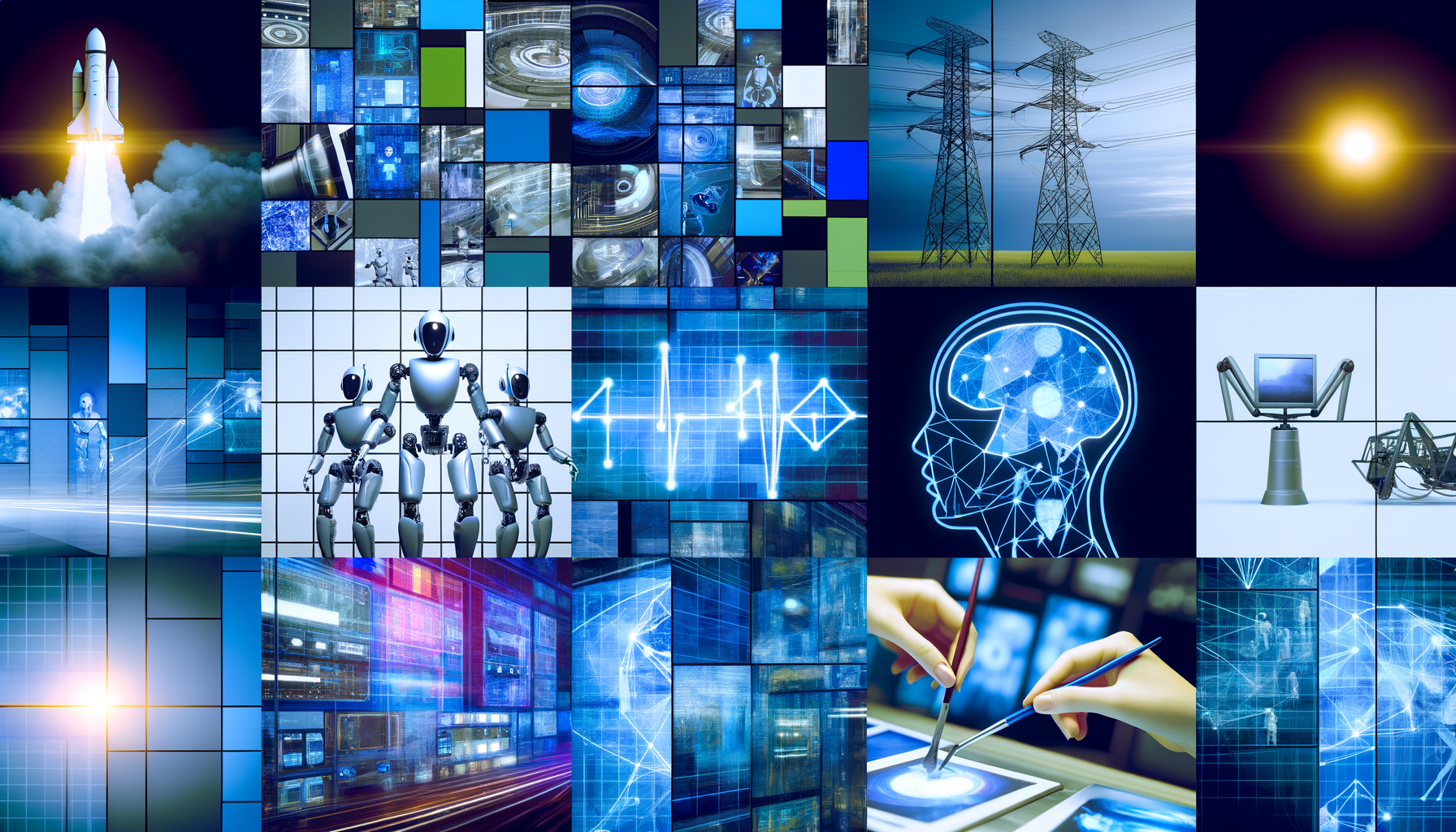Former leaders of the Android team have announced the creation of a new startup aiming to develop an operating system for AI agents.1 Led by Hugo Barra, Google’s former Vice President of Android product management, this initiative seeks to create a platform for managing and integrating AI agents across various applications.
In a surprising move, Elon Musk has unveiled plans to start an AI-focused video game studio.2 He expressed his desire to “make games great again,” which has elicited mixed reactions from the gaming community. This venture marks Musk’s entry into the gaming industry, leveraging artificial intelligence to develop innovative gaming experiences.
Amazon has reportedly developed a new generative AI model capable of processing images and video in addition to text.3 This advancement could significantly expand Amazon’s AI capabilities, allowing for broader applications across its services and enhancing user experiences through more interactive content.
French telecom operator Orange has signed a multi-year partnership with OpenAI to gain access to pre-release AI models.4 This collaboration aims to enhance Orange’s AI capabilities and services across Europe, enabling the company to integrate cutting-edge AI technologies into its operations.
An article highlights five ways in which AI is outperforming human physicians in healthcare.5 The discussion emphasizes the transformative potential of AI in medicine, noting that this development represents a collaboration rather than a competition between AI and medical professionals.
These developments underscore the rapidly evolving landscape of artificial intelligence and its integration into various industries. From operating systems for AI agents to advancements in healthcare, AI continues to shape the future, offering new opportunities and challenges that will impact businesses and society alike.


Leave a Reply